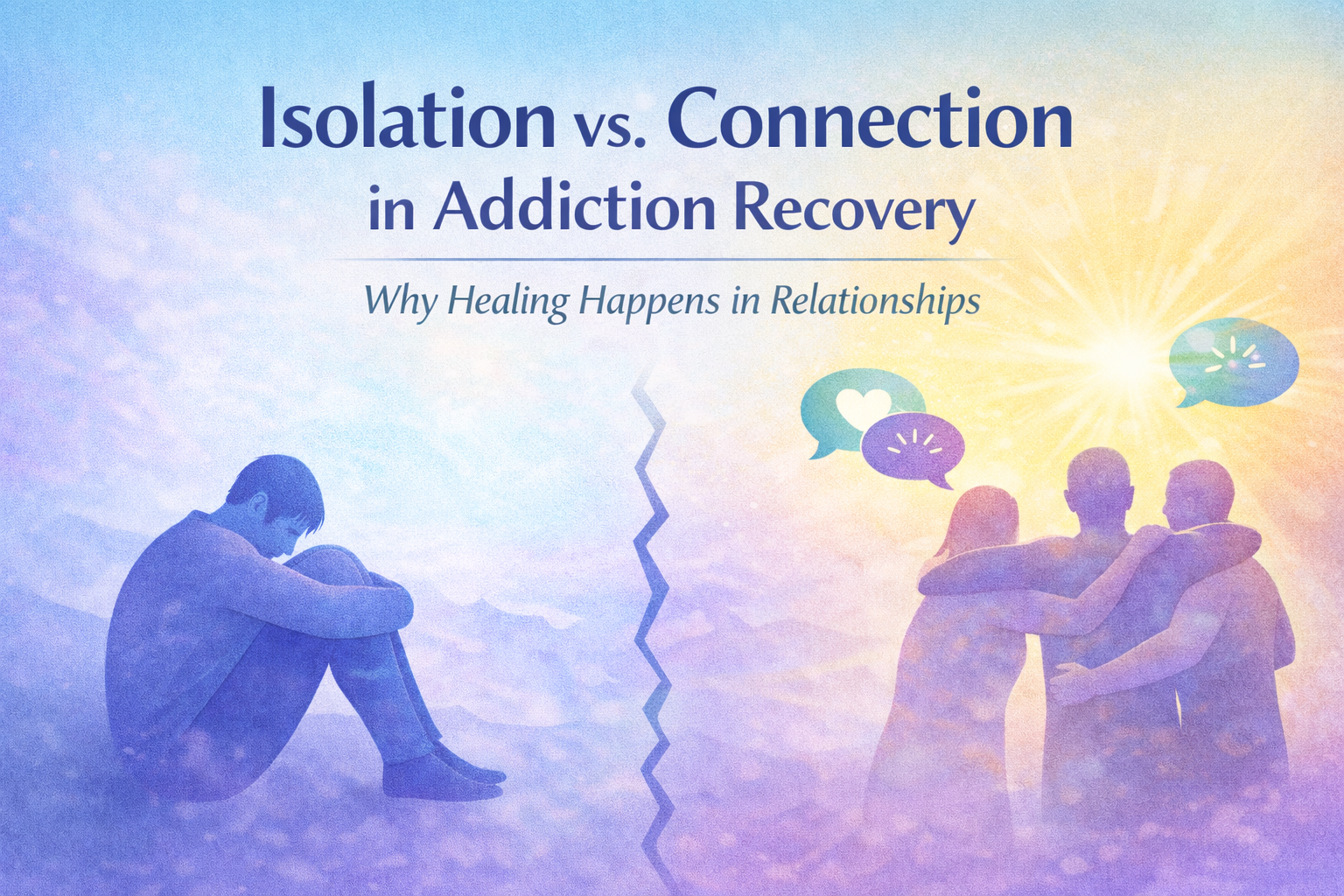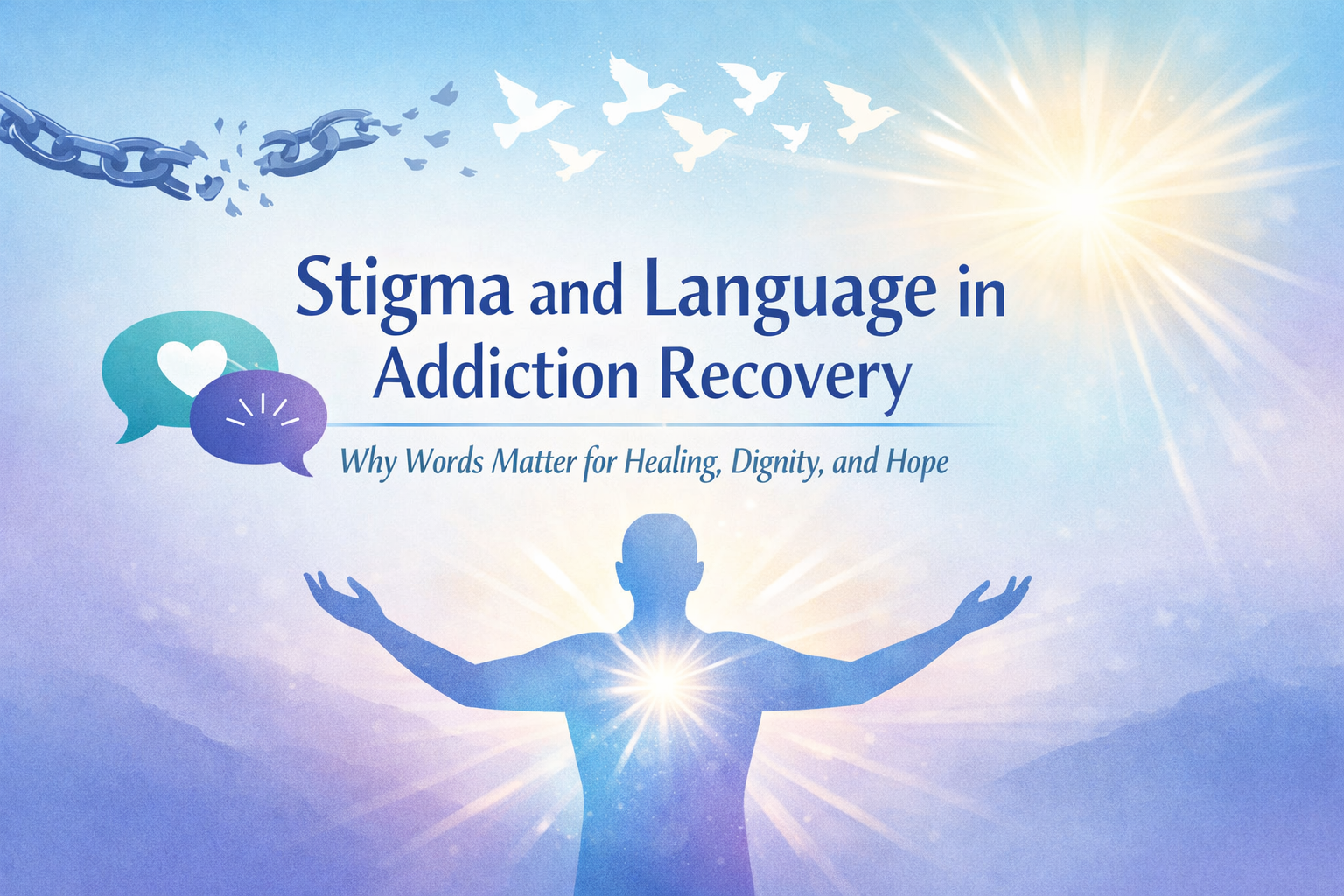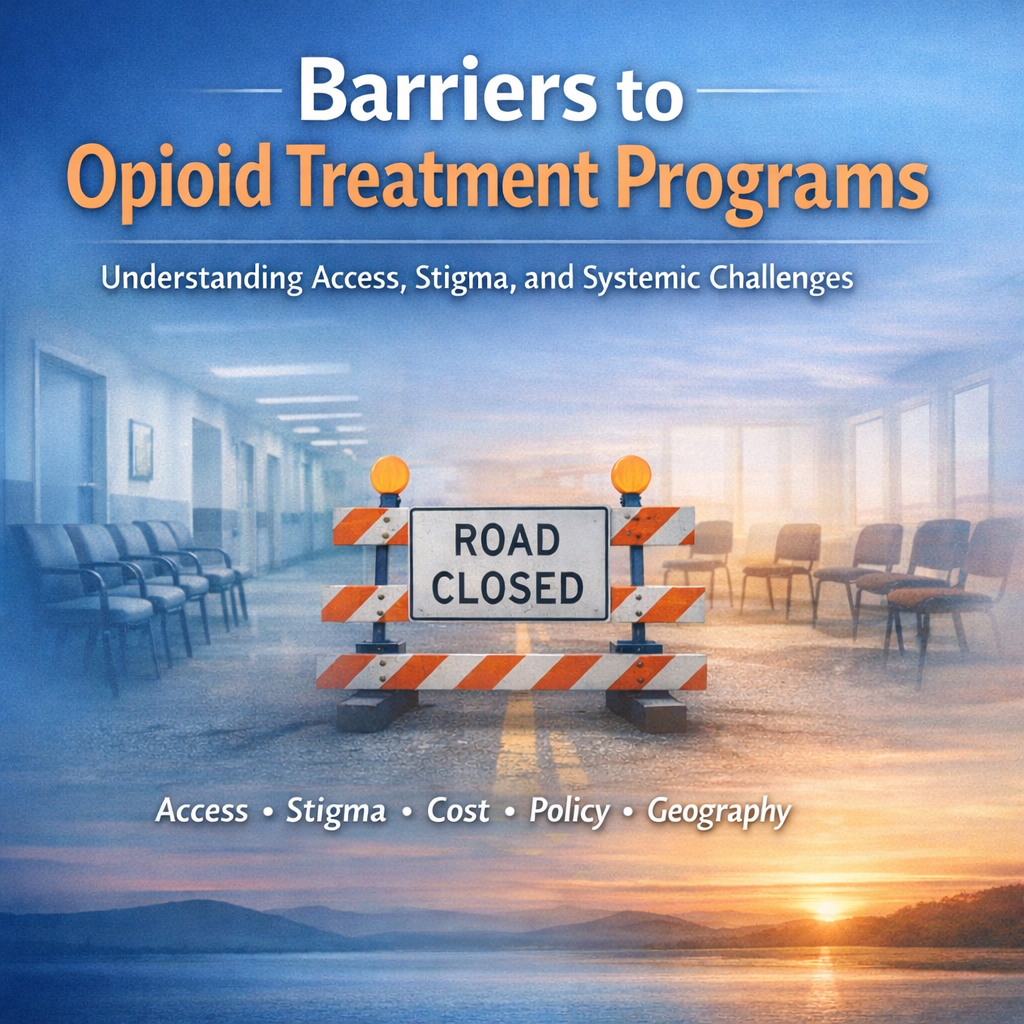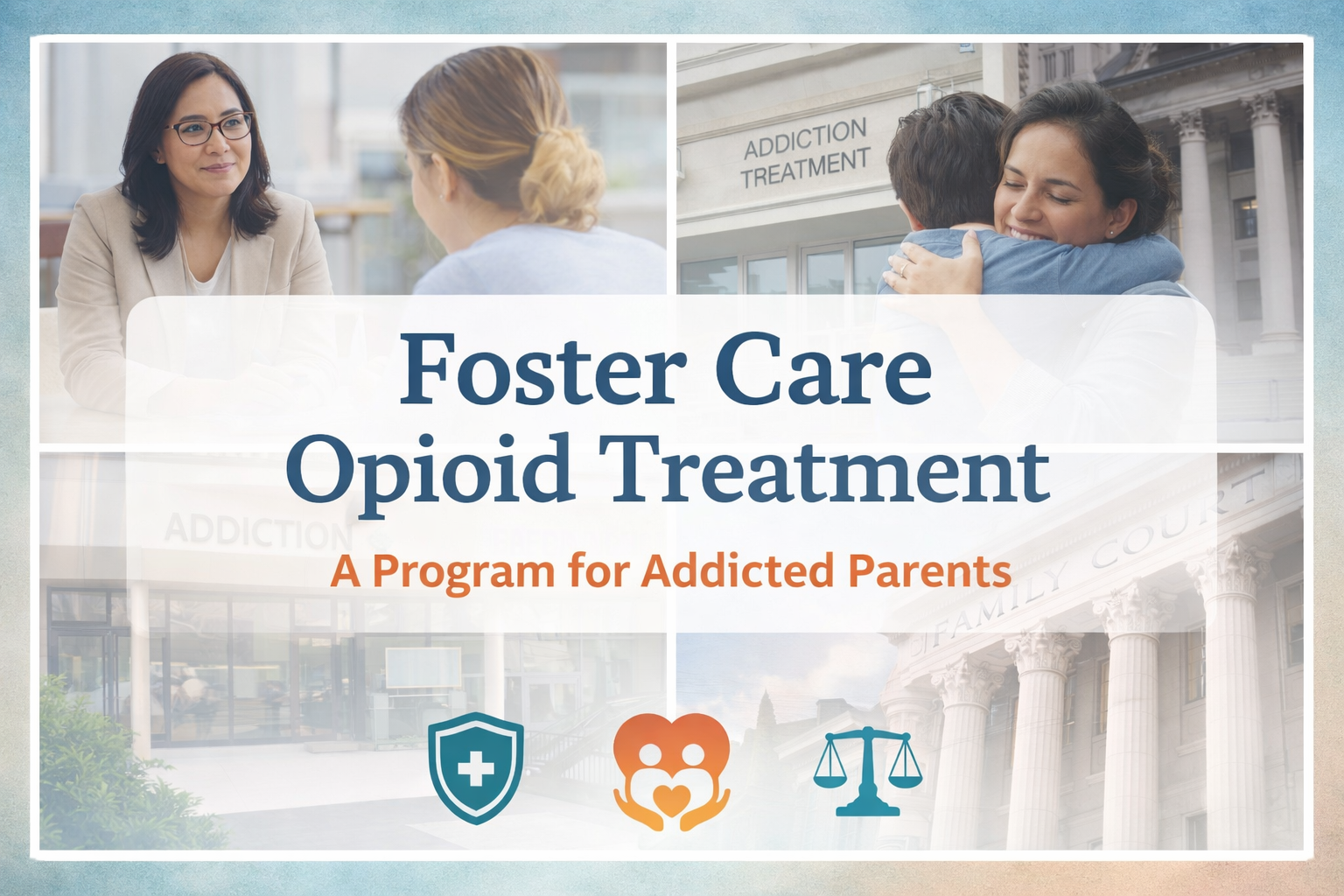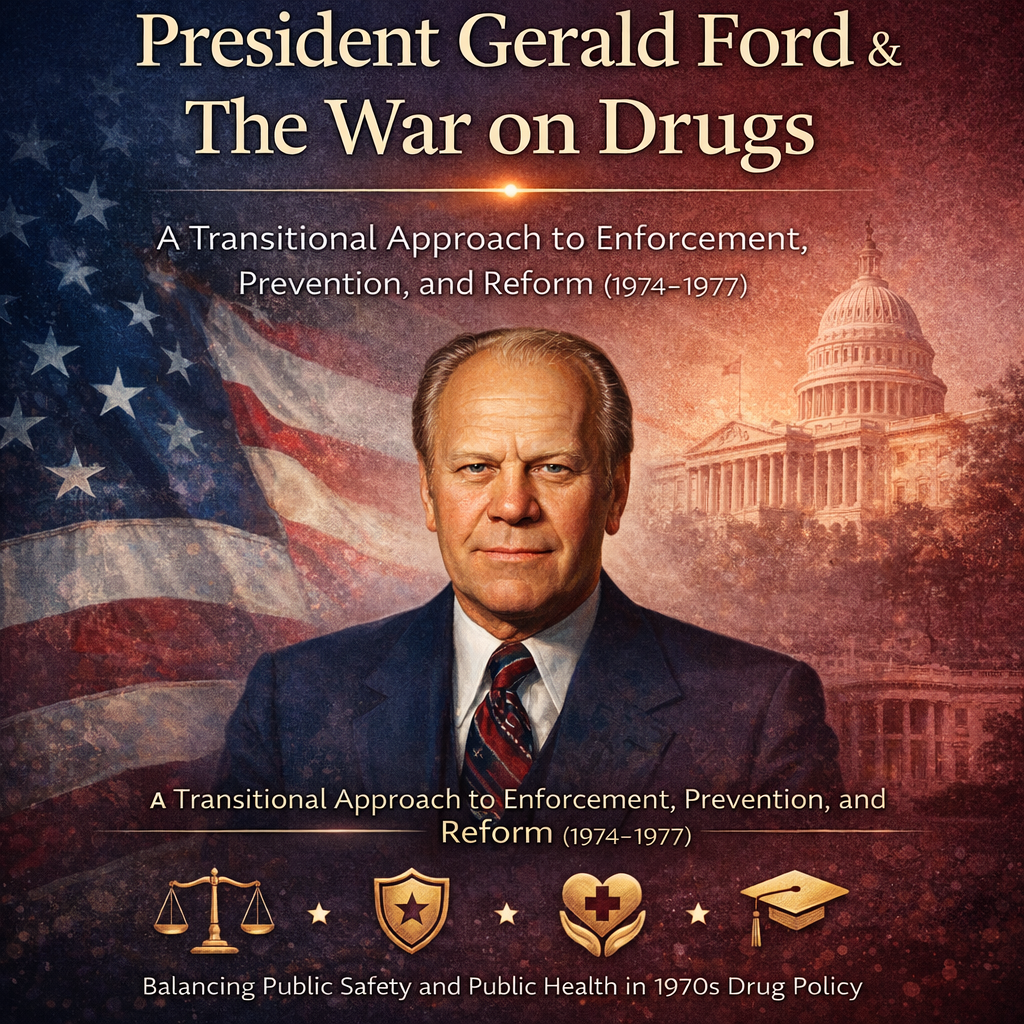George H. W. Bush’s Drug Reform
When George H. W. Bush took office in 1989, the United States was confronting escalating crack cocaine use, rising drug-related violence, and widespread public concern about substance misuse. Building upon earlier federal anti-drug initiatives, his administration intensified the national response through a comprehensive strategy that combined increased law enforcement funding, stronger penalties for trafficking, expanded … Read more





